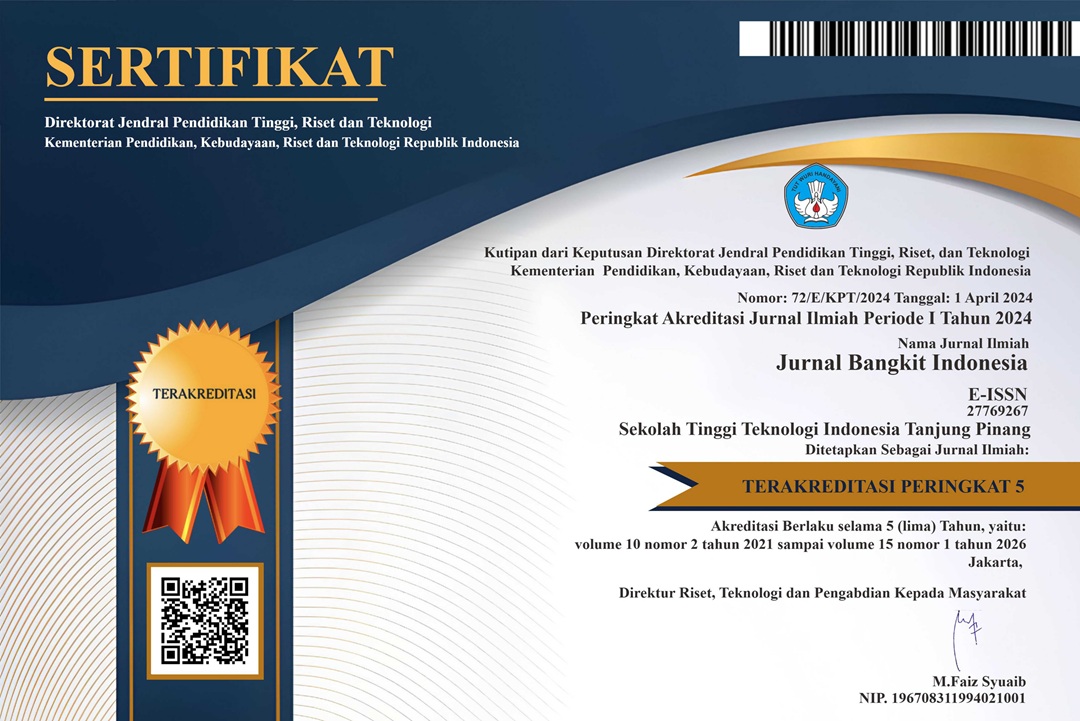Prediksi Gagal Jantung Berbasis Deep Learning dengan Algoritma Long Short Term Memory
Abstract
Heart failure is one of the leading causes of death in the world. Early detection and accurate analysis are essential for proper treatment. This study proposes the use of Long Short-Term Memory (LSTM) algorithm to analyse and predict the progression of heart failure disease based on patient medical data. The LSTM model developed uses the Python platform with TensorFlow and Keras libraries, as well as the “Heart Failure Prediction” dataset from Kaggle.com. The results showed that the LSTM model with training and testing data ratio of 70:30 (Model B) achieved the best performance with accuracy of 0.869, precision of 0.869, recall of 0.869, and F1-score of 0.869. The model showed consistent ability in identifying positive and negative cases of heart failure and was effective in reducing overfitting. Overall, this research contributes to the development of more accurate and efficient heart failure disease prediction methods.
Copyright (c) 2025 Ibnu Atho’illah, Ni Nyoman Emang Smrti, Annisa Fitri Madani, I Putu Gd Sukenada Andisana

This work is licensed under a Creative Commons Attribution-NonCommercial-ShareAlike 4.0 International License.
Copyright :
Authors who publish their manuscripts in this Journal agree to the following conditions:
The copyright for any article in the Jurnal Bangkit Indonesia by LPPM STT Indonesia Tanjung Pinang is licensed under Creative Commons Attribution-NonCommercial-ShareAlike 4.0 International
The author acknowledges that Jurnal Bangkit Indonesia has the right to publish for the first time with a Licence Creative Commons Attribution-NonCommercial-ShareAlike 4.0 International License / CC BY-NC-SA 4.0
Authors can enter writings separately, arrange non-exclusive distribution of manuscripts that have been published in this journal into other versions (eg sent to the author's institutional repository, publication in a book, etc.), by acknowledging that the manuscript has been published or the first time in the Jurnal Bangkit Indonesia
Licence :
Jurnal Bangkit Indonesia published under the terms of a Creative Commons Attribution-NonCommercial-ShareAlike 4.0 International License / CC BY-NC-SA 4.0 This license permits anyone to to distribute, remix, adapt, and build upon the material in any medium or format for noncommercial purposes only, and only so long as attribution is given to the creator. If you remix, adapt, or build upon the material, you must license the modified material under identical terms.












